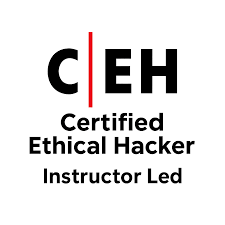Palo Alto Training – Learn Palo Alto Firewalls in 2025

IntroductionIn today’s digital age, ethical hackers have become digital warriors—safeguarding organizations, institutions, and governments from cyber threats. With cybercrime on the rise, the demand for cybersecurity experts, especially ethical hackers, is exploding across the United States.But one question keeps popping up among high school students: What diploma or educational path should I pursue to become […]

Introduction
In today’s digital age, ethical hackers have become digital warriors—safeguarding organizations, institutions, and governments from cyber threats. With cybercrime on the rise, the demand for cybersecurity experts, especially ethical hackers, is exploding across the United States.
But one question keeps popping up among high school students: What diploma or educational path should I pursue to become a hacker? Is there a “hacker diploma”? Do I need to be a math genius or a computer whiz from day one?
Let’s break it down clearly for you—from high school to career launch.
Conclusion
There’s no single diploma that “makes” you a hacker. But in the U.S., your high school track does influence your path. If you’re serious about cybersecurity:
• Choose STEM classes
• Practice constantly
• Earn industry certifications
• Build a portfolio and reputation in the ethical hacking world
Remember: Being a hacker isn’t just a career—it’s a mindset, a challenge, and a commitment to securing the digital world.
FAQs
Get certified with industry-leading cybersecurity certifications from EC-Council, PECB, Palo Alto Networks, and more.

Learn from world-class instructors Collaborate with top professionals Advanced training...

The CEH is the world's leading cybersecurity certification, recognized by...

Onsite training course Led by an instructor Interactive sessions

Asynchronous, self-study environment Video-streaming format Flexible learning schedule
Adding {{itemName}} to cart
Added {{itemName}} to cart

